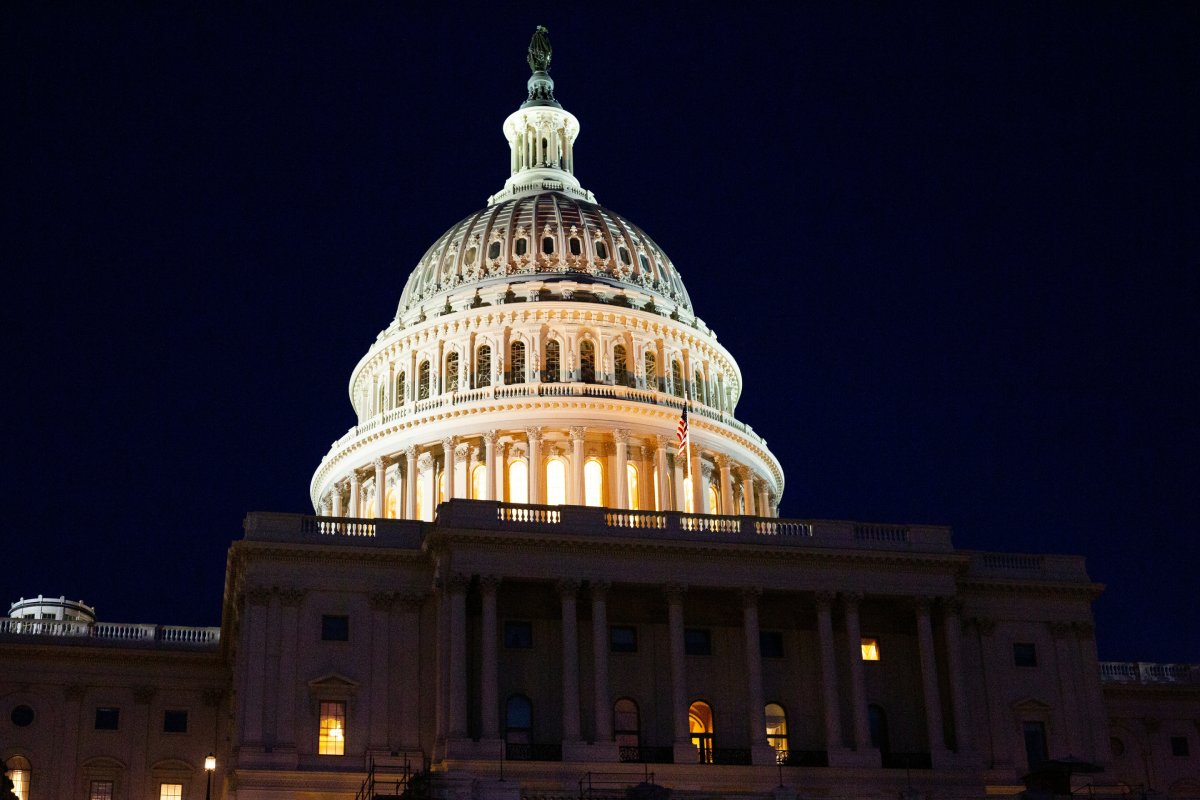Choice Hotels Sees Room Revenue Hurt by Hurricane Florence

Skift Take
Hurricane Florence and other seasonal factors that pinched room revenue growth at the major hotel companies in the third quarter had a deeper impact on Rockville, Maryland-based Choice Hotels International.
The company reported a 1.4 percent decline in domestic revenue per available room (RevPAR) for the third quarter.
The only other public accommodations company that saw negative U.S. RevPAR in the third quarter was InterContinental Hotels Group, which saw a decline of 0.5 percent, because of hurricane-related issues. Overall, U.K.-based IHG's RevPAR for the Americas was flat.
That 1.4 percent drop for Choice in U.S. RevPAR, which roughly translated to a loss of $1.5 million in revenues, did not stop Choice Hotels CEO Patrick Pacious from seeing it as "another quarter of excellent performance."
During a third quarter earnings call on Thursday with analysts, Pacious attributed the decline to "short-time and one-time impacts" and said he expects the company will "bounce back in the fourth quarter," having already seen a 2 percent year-over-year increase in domestic RevPAR for the month of October.
With the exception of Wyndham Hotels & Resorts, most major hotel companies saw relatively softer U.S. or Americas-based RevPAR growth in the third quarter.
Earlier this week, Marriott International reported North American RevPAR for the third quarter that was up a mere 0.6 percent. Hilton reported a third quarter domestic RevPAR increase of only 1 percent and Hyatt saw a 1.4 percent domestic RevPAR increase. Wyndham Hotels & Resorts, by contrast, saw a 10 percent jump in domestic RevPAR.
Choice Hotels chief financial officer Dominic Dragisich said weaker RevPAR was "driven by lower occupancy rates," thanks to three primary factors, the first being "weather-related dynamics" including the impact from hurricanes and last year's eclipse.
Not all hurricanes impact the hotel business equally, Pacious noted. Hurricane Florence in September, he said, saw the early closure of a number of hotels outside of the impact zone. And last year's solar eclipse also boosted the RevPAR and average daily rates of some of Choice's hotels which had the fortunate luck of being in the path of the eclipse.
The second cause was attributed to "calendar shifts in the Jewish holidays" and the Fourth of July.
The third factor was related to renovations taking place at Choice's Comfort Inn and Comfort Suites properties, which is part of a massive $2.5-billion long-term plan to refresh the brand. Dragisich said that, so far, more than 1,000 properties are either under renovation or have recently completed one, and that 40 percent of all Comfort properties will finish their renovations by the end of 2018. As of June 30, Choice had a total of 1,639 Comfort Hotels.
The Outlook for the Rest of 2018
Regardless of the weaker RevPAR measures, Choice Hotels raised its full-year adjusted earnings before interest, taxes, depreciation, and amortization guidance by $1.5 million at the midpoint.
The company also reported stronger numbers for the third quarter in relation to total revenues, which were up 8 percent to $291.5 million, compared to the same period last year. Net income was $80 million, up 40 percent from the same period in 2017.




